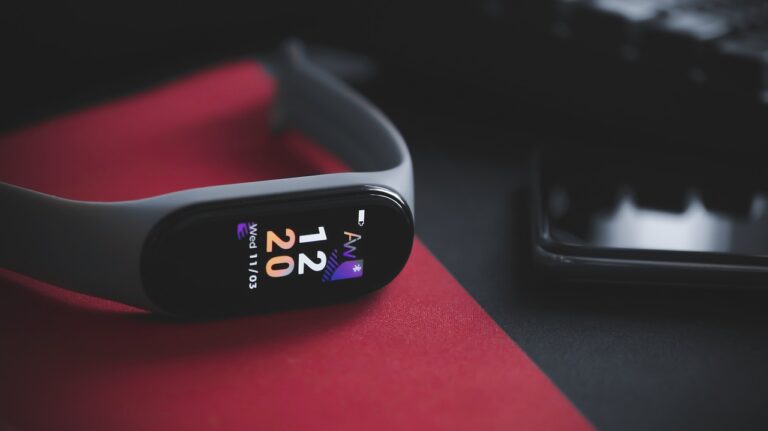Fitness Apps: Transforming Health and Well-being
In today’s digital age, fitness apps have emerged as powerful tools for empowering individuals to achieve their health and fitness goals. With a plethora of options available, choosing the right app can be a daunting task. This guide provides an in-depth exploration of fitness apps, examining their key features, benefits, and considerations to help you make an informed decision.
Key Features and Benefits
- – Tracking and Monitoring Progress: Fitness apps allow you to track your physical activity, including steps taken, distance covered, and calories burned. This data provides valuable insights into your fitness levels and helps you monitor your progress.
- – Personalized Workouts: Many fitness apps offer tailored workout plans based on your fitness level, goals, and preferences. These workouts can guide you through a variety of exercises to improve strength, endurance, and flexibility.
- – Nutrition and Diet Tracking: Some fitness apps integrate nutrition and diet tracking features, allowing you to record your food intake and monitor your calories consumed. This can help you make healthier eating choices and support your fitness goals.
- – Community and Support: Fitness apps often come with built-in communities or forums where users can share tips, ask questions, and provide encouragement to one another. This can enhance motivation and accountability.
- – Wearable Device Integration: Many fitness apps connect with wearable devices such as smartwatches or activity trackers. This integration allows for seamless data syncing and provides a more comprehensive picture of your overall activity levels.
Popular Fitness App Categories
- ### Calorie and Weight Management:
- MyFitnessPal
- Lose It!
- ### Workout and Fitness Tracking:
- Nike Training Club
- Peloton
- Strava
- ### Yoga and Mindfulness:
- Down Dog
- Headspace
- Calm
- ### Activity and Heart Rate Monitoring:
- Apple Fitness
- Google Fit
- Fitbit
Choosing the Right Fitness App for You
When selecting a fitness app, consider the following factors:
- Your Fitness Goals: Identify your specific fitness goals, whether weight loss, muscle gain, or improving cardiovascular health.
- Features and Functionality: Determine which features are essential for your needs, such as workout tracking, nutrition monitoring, or GPS capabilities.
- Ease of Use: Choose an app with an intuitive user interface and clear navigation.
- Integration with Other Devices: If you use wearable devices, ensure the app is compatible to provide a seamless experience.
- Subscription Costs: Some fitness apps offer premium features or subscription plans. Factor in the cost before making a decision.
Actionable Takeaways
- Log Your Activities Regularly: Consistent tracking of your fitness activities is key to staying motivated and measuring progress.
- Set Realistic Goals: Start with achievable goals and gradually increase intensity and duration to avoid burnout.
- Incorporate Variety: Engage in different types of workouts to target various muscle groups and keep your exercise routine interesting.
- Find an Accountability Partner: Joining a fitness community or connecting with a friend can provide additional support and motivation.
- Listen to Your Body:* Rest when needed and don’t push yourself beyond your limits.
Conclusion
Fitness apps are invaluable resources for anyone looking to improve their health and well-being. By understanding the key features and benefits of different apps, as well as considering your individual needs, you can choose the app that best suits your fitness journey. Remember to use fitness apps as a supplement to a healthy lifestyle, incorporating regular exercise, a balanced diet, and adequate sleep.
























